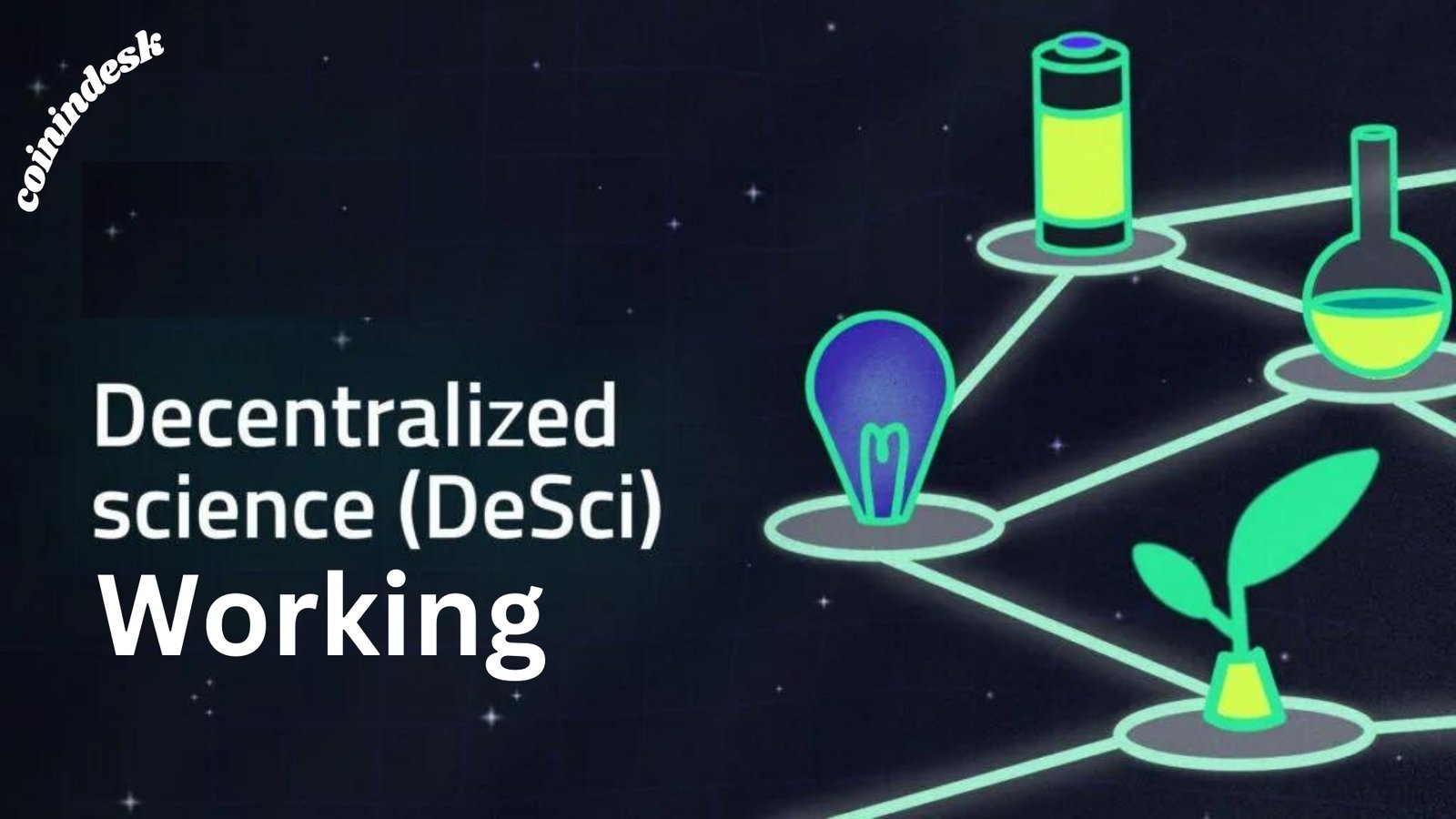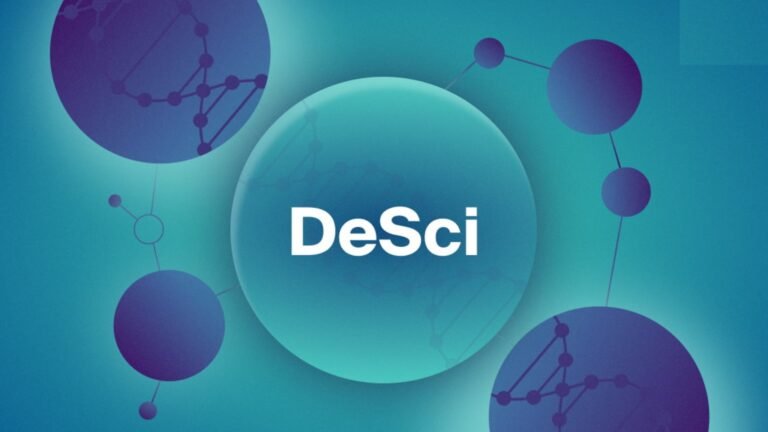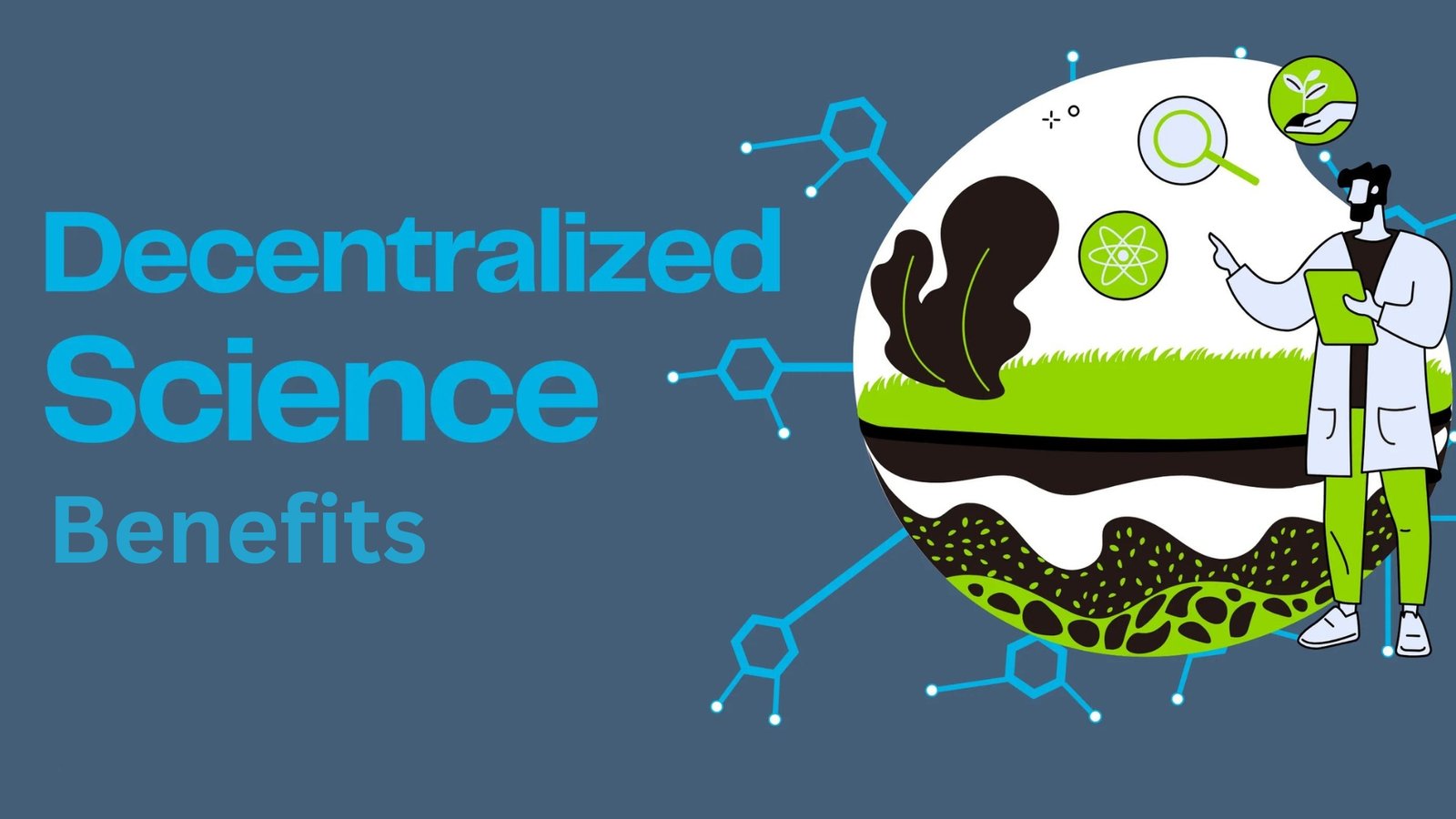Decentralized Science (DeSci). Conventional science, or TradSci, embodies the systematic pursuit of knowledge through theory, experimentation, and observation. Due to its centralized nature, major publishing houses and institutes have an outsized influence over scientific research, which has several adverse outcomes. Competition and a lack of funds frequently impede innovation.
For instance, if promising early-stage ventures are refused grants, it could hinder potential breakthroughs. The slow and biased publishing procedure could hinder the timely knowledge exchange in high-impact journals. The wider community would be unable to build upon such findings if it took years for a study to be released.
Additionally, due to paywalls, the public and independent researchers face difficulties in accessing published research. This approach can hinder collaboration and, in the long run, diminish the potential impact of scientific progress. Publishing a study can cost tens of thousands of dollars, which goes against the principle that science should benefit the public interest.
While online preprint repositories like ArXiv do not offer quality control, identification verification, or journal-level tracking features. An official, user-friendly science site is necessary because SciHub allows for unlawful access.Web3 provides everything you need to build a system that protects your data and engages people.
Current Scientific System vs. Decentralized Science
Under the umbrella of Web3, a new paradigm in scientific inquiry known as “Decentralized Science” (DeSci) has emerged, with four guiding principles: incentives, openness, decentralization, and collaboration. Decentralization refers to moving away from hierarchical structures, where a few individuals or groups hold sway, and toward more decentralized ones, where a greater number of people or groups share power. By making decision-making and resource access more democratic, this shift reduces the influence of gatekeepers. It expands participation opportunities and strongly supports free data and open results techniques, as well as places of importance. Through its advocacy of transparency, DeSci promotes an atmosphere of openness and accountability, increasing the reliability and reproducibility of scientific findings.
DeSci utilizes distribution to eliminate geographical biases, facilitate information exchange, and foster collaborative problem-solving, enabling censorship-resistant cooperation across boundaries. Tokens are decentralized by removing geographical and institutional barriers. Organizations (DAOs) propel DeSci’s incentives, which pay researchers for their work. These benefits align the individual’s aspirations with the collective’s goals of fostering understanding, innovation, and societal impact. DeSci provides financial incentives to encourage participation, innovation, and the maintenance of the scientific process.
How DeSci Works

DeSci utilizes tokenization, distributed autonomous organizations (DAOs), and blockchain technology to manage intellectual property, incentivize research efforts, and securely store data. Blockchain technology ensures secure data storage, as it is decentralized and immutable. Due to its distributed nature, blockchain data is impenetrable to manipulation and can withstand failure at any node. By storing a cryptographic hash of the block that came before it, each link in the chain creates a sequential list of data blocks. Since it would be computationally impossible to alter any earlier blocks in the chain without the consent of the majority of the network, adding a block to the chain guarantees the data’s integrity and security.
Essential to DeSci, DAOs enable decentralized and transparent governance and funding distribution. Without centralized intermediaries, stakeholders can collaborate on resource management and decision-making with DAOs. The implementation of smart contracts on blockchains enables this. In a decentralized autonomous organization (DAO), members can implement regulations, suggest and vote on research plans, and distribute funds for specific projects using programmable governance methods.
Promoting participation and establishing ownership of research outcomes in DeSci relies heavily on tokens and IP-NFTs. IP-NFTs enable scholars to digitally represent their works (such as articles, datasets, and patents) on the distributed ledger. Decentralized research communities can utilize tokens to reward researchers for their work, incentivize cooperation, and align incentives.
IP-NFTs allow academics to tokenize their papers, databases, and patents for blockchain trading or licensing. Incentivizing researchers to publicly disclose their work while retaining ownership and control over their intellectual property promotes innovation and information sharing within the DeSci ecosystem.
Benefits of DeSci
Through its initiatives, DeSci promotes a more equitable and inclusive research environment, encourages creativity and collaboration, and democratizes access to scientific information. First, it promotes diversity and inclusion by reducing entry barriers, which in turn allows scientists from all over the world and all walks of life to participate in and contribute to research initiatives. Furthermore, DeSci promotes transparency, trust, and openness by publicly sharing data, techniques, and results, thereby fostering reproducibility and peer review.
Researchers can collaborate in a decentralized, censorship-resistant manner that accelerates innovation and problem-solving, promoting international cooperation. DeSci also introduces novel incentive mechanisms, such as tokens and DAOs, to encourage participation and guarantee fair compensation for researchers.
IP-NFTs offer a means to store and transfer ownership of intellectual property, promoting open sharing. IP-NFTs provide a means to store and transfer intellectual property ownership, enabling researchers to maintain ownership of their work. This could potentially eliminate paywalls, making research data and conclusions more accessible to everyone, and encouraging more widespread knowledge exchange. Credential verification and trustworthiness are of the utmost importance in the DeSci universe. Researchers can demonstrate their competence and credibility within the community by utilizing soulbond tokens, which are non-transferable achievements.
FAQs
1. What is Decentralized Science (DeSci)?
DeSci is a Web3-driven approach to science that emphasizes openness, decentralization, and collaboration. It aims to reduce gatekeeping and democratize access to scientific research.
2. How does DeSci improve traditional scientific publishing?
It removes paywalls and centralized control, making research more accessible and transparent. Token incentives and DAOs ensure fair recognition and funding for contributors.
3. What technologies power DeSci?
DeSci utilizes blockchain, DAOs, IP-NFTs, and smart contracts to store data and manage intellectual property securely. These tools enable trustless, transparent, and tamper-proof research ecosystems.
4. How do IP-NFTs benefit researchers?
IP-NFTs enable scientists to tokenize and retain ownership of their work while allowing for public sharing and licensing. This model supports innovation and rewards contribution.
5. Why is DeSci important for global collaboration?
It breaks down geographical and institutional barriers, enabling inclusive, censorship-resistant collaboration. Researchers worldwide can participate and receive fair compensation.



